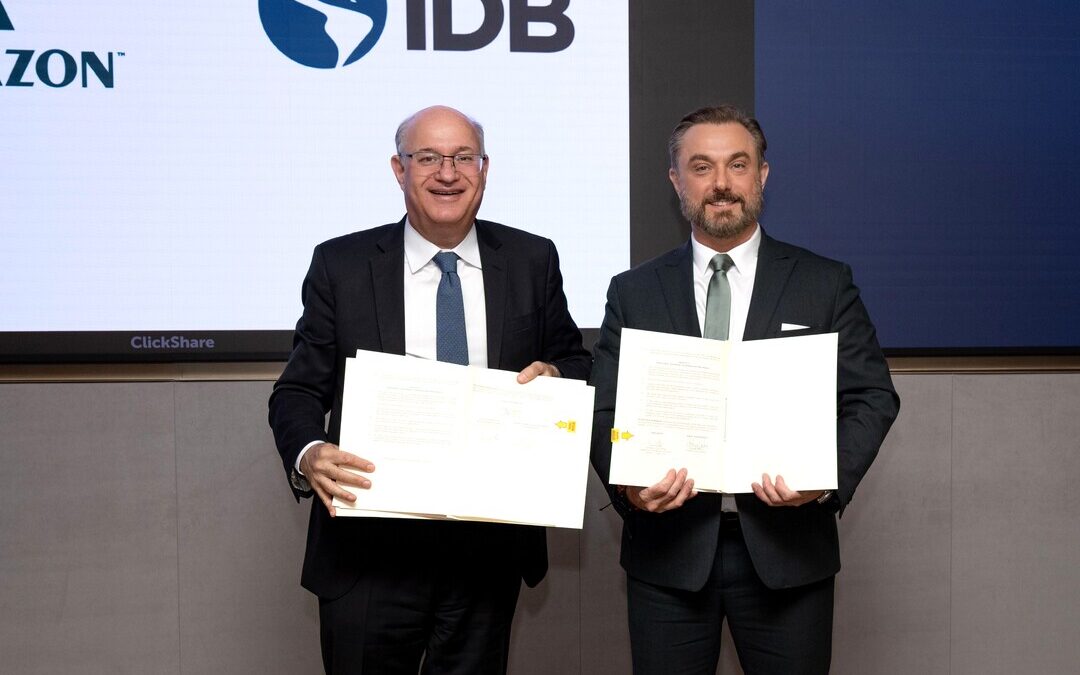Amazon Conservation Gains Momentum With New Green Finance Agreement
O.N.E. Amazon and IDB partner to advance green finance initiatives, boosting conservation and sustainable growth in the Amazon.
Brazilian sustainable technology firm O.N.E. Amazon has signed a cooperation agreement with the Inter-American Development Bank Group to advance green finance and conservation projects in the Amazon, the groups said during New York Climate Week.
The memorandum of understanding will mobilize private capital and facilitate the exchange of scientific and technological expertise to protect natural capital. An action plan will guide the partnership, combining IDB’s technical support with O.N.E. Amazon’s market-driven model.
The initiative will support pilots in Amazonian territories to expand sustainable finance. It will also focus on green finance instruments, biodiversity-based technologies, and digital nature assets.
O.N.E. Amazon’s Conservation Finance Model
O.N.E. Amazon operates a conservation finance fund that uses technology to convert ecosystem services into tradable assets. Its model tokenizes forest hectares, creating new revenue streams that align economic growth with environmental protection.
The fund’s four objectives include safeguarding tropical forests, improving sustainable livelihoods, advancing low-carbon technologies and ensuring transparency in climate adaptation.
“Our model turns conservation into an economic engine—protecting the rainforest, empowering local communities, and delivering returns for investors,” said Rodrigo Veloso, CEO of O.N.E. Amazon, in a statement.
IDB’s Role in the Amazon
For IDB, the partnership links green finance with its development agenda. “By working with O.N.E. Amazon, we can combine finance with development goals—protecting the Amazon while creating jobs and supporting communities,” said Ilan Goldfajn, IDB’s president, in the statement.
The collaboration builds on IDB’s “Amazon Forever” program, which targets sustainable growth in the biome while safeguarding biodiversity and local livelihoods.
Advanced Technology for Transparency
At the heart of O.N.E. Amazon’s strategy is the Internet of Forests, a monitoring system powered by satellites, LiDAR and ground sensors. The platform provides real-time ecological data, ensuring accountability to investors while reinforcing government oversight.
By tokenizing ecological services and creating nature-backed securities, the system aims to make preservation financially more competitive than deforestation.
Local Impact and Global Reach
Eighty-five percent of revenues remain in the country of origin, with Indigenous and local communities playing a central role in each solution. The model aims to prove that long-term preservation can generate greater value than deforestation.
“With this agreement, we continue building bold partnerships and impactful projects that prove our approach is both effective and sustainable,” Veloso added.
Ecuador Leverages $1.53B Debt Swap to Preserve the Amazon Rainforest
Nirmal Menon
Related posts

Subscribe
Error: Contact form not found.


